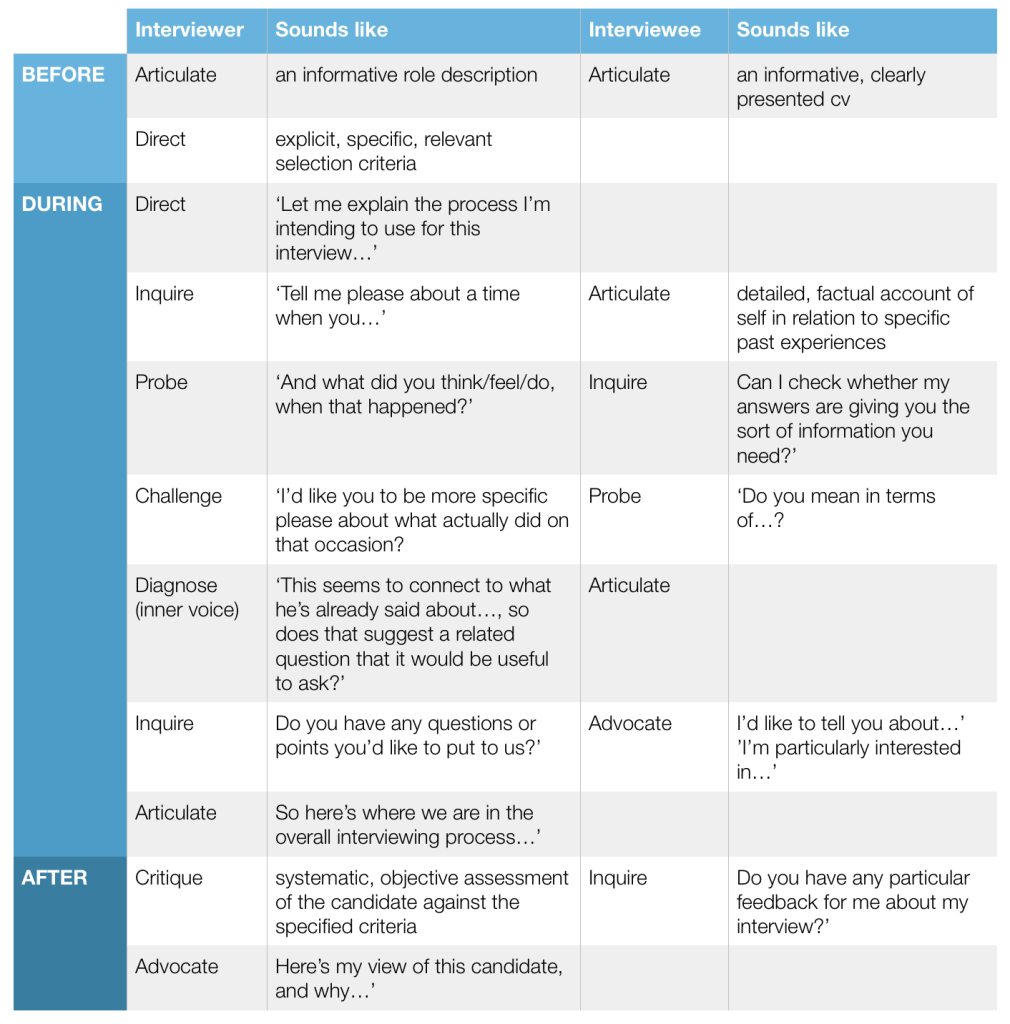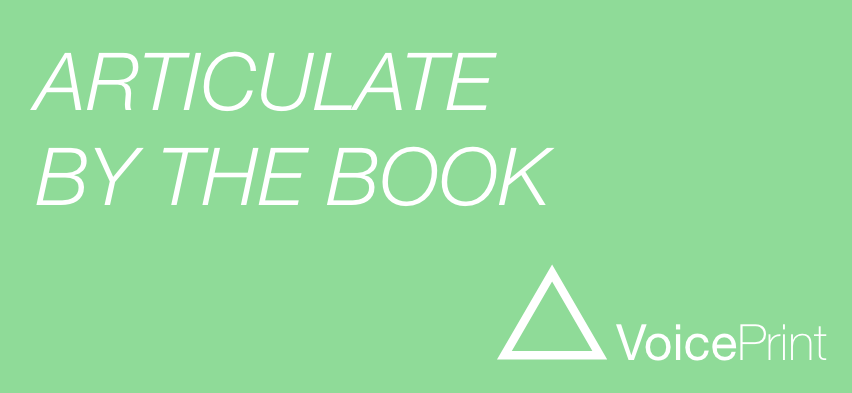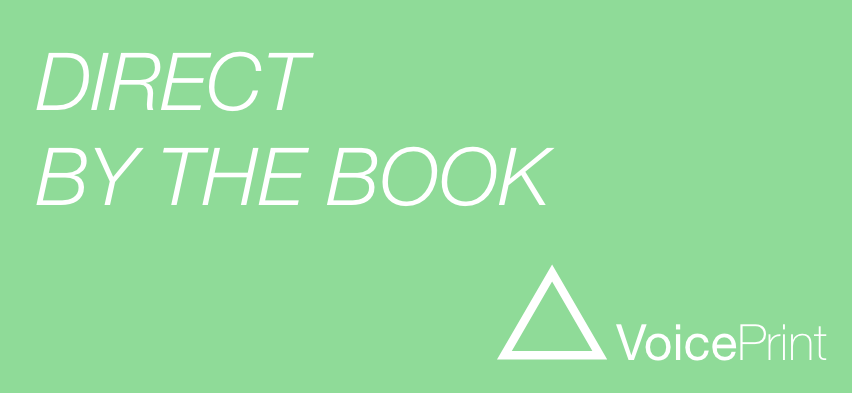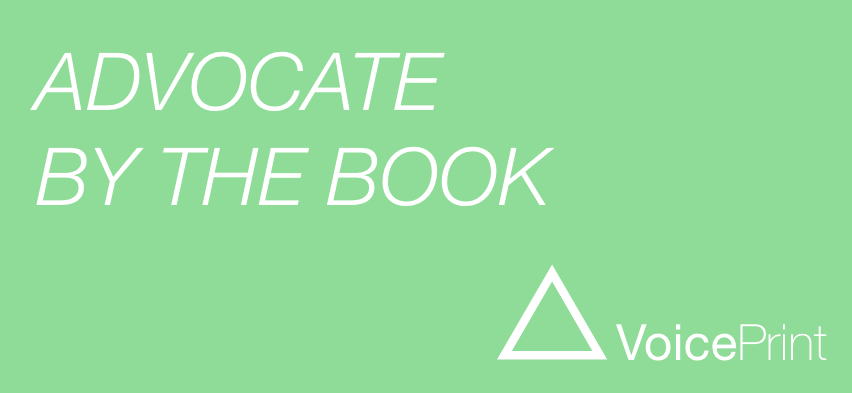To conduct better interviews you need to know what good interviews sound like. Better interviewers know how to structure the conversation pre interview, during the interview and afterwards.
What does good interviewing sound like?
What voice or voices do you need to do it well?
The answer probably seems obvious. ‘We ask the questions.’ But although Inquiring and Probing are at the core of the interviewing process, there is more to knowing how to conduct better interviews than that.
Consider the interviewer’s worst nightmare, the candidate who hardly says anything. If you’re an outgoing person yourself, you might think that’s absurd. Surely no-one goes for an interview and then doesn’t speak up? But actually, to some degree or another, it’s much more common than you might expect.
For a start, roughly half of us are inclined towards an introverted personality (I’m one of them) and introverts often find the experience of being interviewed particularly uncomfortable. Although we know that the situation requires us to open up and talk about ourselves, we may still not find that easy to do. An interviewer who then responds by piling on more questions quickly sounds like an interrogator. We then feel under increasing pressure, lose our composure even more, and either withdraw further or blurt out half-baked answers. Given how quickly we form impressions of each other, an interview like this quickly spirals into rejection.
While reducing an interviewee to total silence might be rare, it is not at all uncommon for people (introverts and extraverts alike) to come away from being interviewed with the feeling that they haven’t done themselves justice in what they’ve said.
Good interviewing is not an action but an inter-action.
It involves more than one person. It also involves more than simply asking pertinent questions and listening carefully to the answers. It is primarily about obtaining good quality information about the interviewee and ultimately evaluating that information in relation to relevant criteria.
It’s not enough to assume that you’ll recognise a good candidate when you hear one, or to say that it’s the interviewee’s responsibility to be articulate and to sell themselves. It’s part of your job as an interviewer to make it easier for the candidate to be articulate, to recall their past experiences and to overcome the inevitable apprehension associated with being assessed.
Both interviewer and interviewee share the responsibility for making an interview work. And in practice, because the individual interviewer is likely to do far more interviews than the individual interviewee, it’s the interviewer who has the bigger share of that responsibility.
This means that the good interviewer not only has to come up with good questions, but also has to manage the effectiveness of the interview as an interaction. She has to use a particular range of ‘voices’ herself, and she has to elicit particular ‘voices’ from the interviewee. She has to manage the interview as a meeting of voices, a conversation that moves from one form of expression to another in pursuit of good information about the candidate. The interviewer is certainly a questioner, but she is also a facilitator.
How do you facilitate a good interview?
By keeping the conversation focused on its purpose of producing reliable information. Coming away with nothing more than some general impressions is bad interviewing. You don’t interview people in a vacuum; you interview them in relation to a particular requirement, a role or a set of expectations. ‘So, tell me about yourself?’ is unfocused, lazy interviewing.
So the first voices that are involved in good interviewing are about as far removed from questioning as possible. The good interviewer starts by articulating what she is looking for, and does this in conjunction with a clear sense of direction. The articulate voice provides clarity and definition; the directing voice identifies the requirements and standards that are going to be acceptable for the job in question. Without these two voices she’ll find it difficult to be clear, precise and purposeful with her questions and the interviewee will find it harder to be relevant with his answers.
This is all necessary pre-work. What about the interview itself?
Good interviewing is a collaborative process, a joint exploration into the candidate’s past experience, capabilities and characteristics in search of relevant information. It’s always a search process, because unless and until they’re told, interviewees don’t know what interviewers are looking for. It’s a search for both a sufficient quantity and a sufficient quality of information to enable a sound decision to be made. Interviewer and interviewee each has a distinctive part to play in this search-and-describe process, but they both want it to do the candidate justice.
And, given the time constraints, on most interviews, it’s also a race against the clock.
All conversations, especially exploratory ones, have an unpredictable, emergent quality. You can never be certain where they’re going to go. But interviews are relatively structured by comparison with most conversations.
So here is a general summary of the shape of a good interview, specifying which voices to use, when and how.

Next Steps
You can download a copy of the summary table as a PDF so you can keep it or print it and keep it handy.
Oops! We could not locate your form.
And with so many interviews now being conducted over Skype and similar services it’s worth sharpening your skills. This guide from Connor HR focuses on interviewees but the tips are just as useful before you conduct your next online interview.
https://connor.co.uk/blog/2017/how-to-prepare-for-and-perform-in-a-skype-or-video-interview/
Ready for a conversation?


